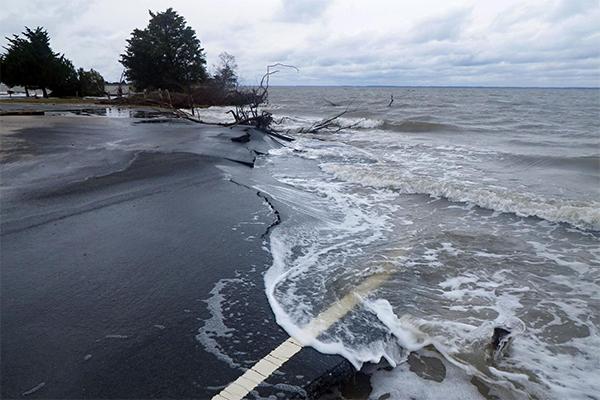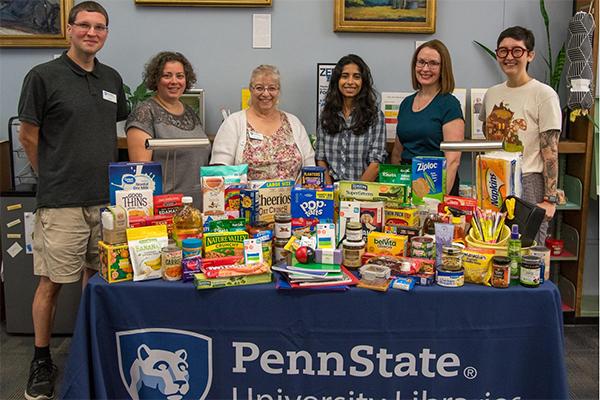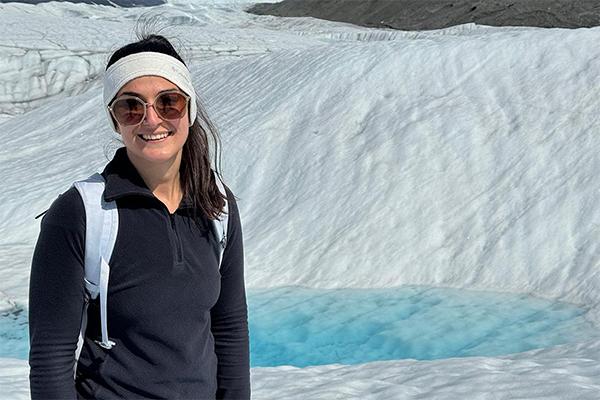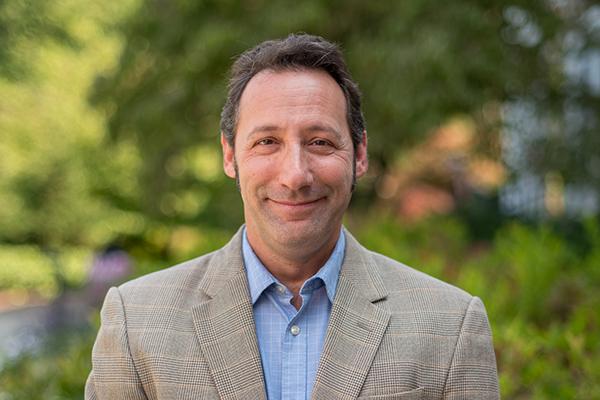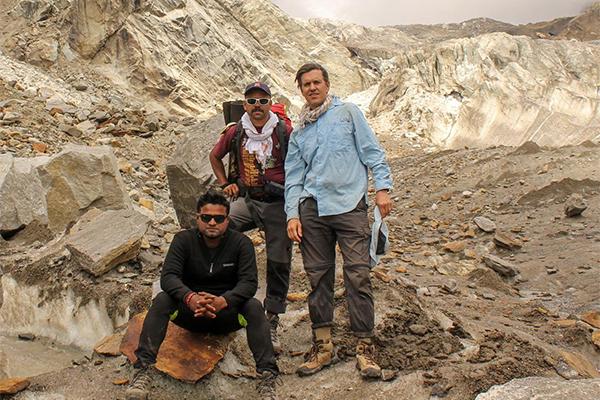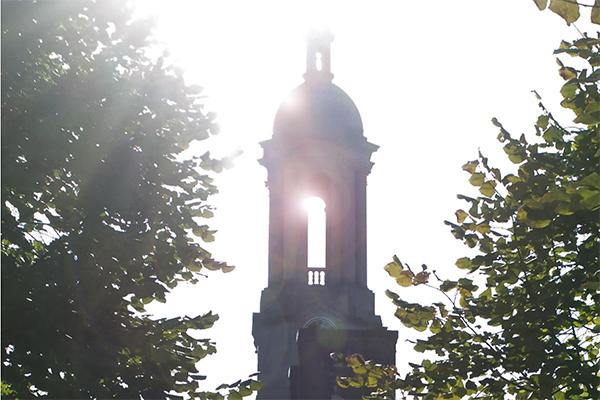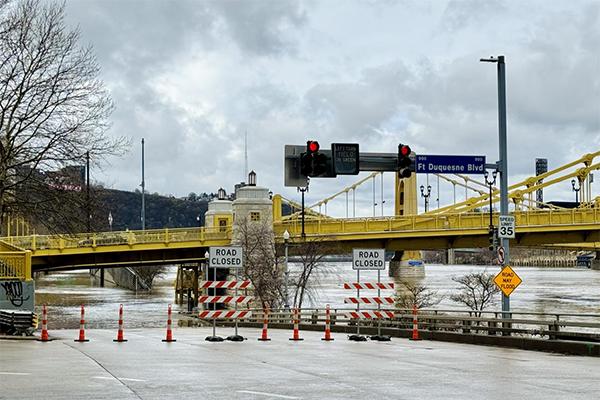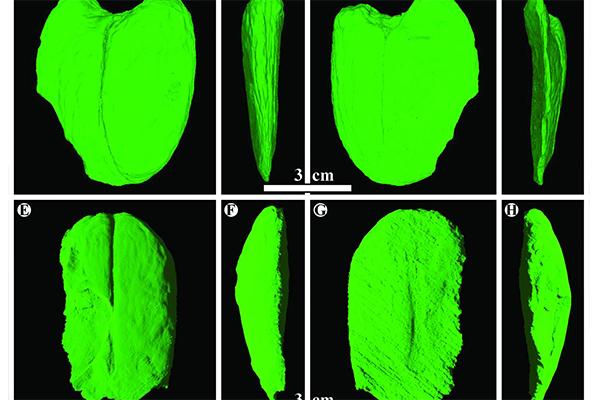The topics of climate, energy and severe weather have taken on an increasingly critical role in political campaigns over the past few election cycles. Erica Smithwich talks about the pressing issues surrounding climate and how it may impact voters and their families.
The College of Earth and Mineral Sciences (EMS) collectively gathered 487 items during the second annual “dodge the dumpster” event sponsored by the Fletcher L. Byrom EMS Library Food Pantry and the EMS Sustainability Council.
Mahsa Bahrami, a doctoral student in Penn State’s Department of Geography, has been awarded a NASA Future Investigators in NASA Earth and Space Science and Technology (FINESST) grant to fund her research on meltwater lakes at the surface of the Antarctic ice sheet.
Seth Blumsack, professor, energy policy and economics, has been selected as one of Penn State Emerging Academic Leaders for fall 2024.
Ava Lee, event planner in the College of Earth and Mineral Sciences, was recognized as an employee who has gone above and beyond what’s asked of her in their work at the University.
Christopher Scott has been named an associate director of the Institute of Energy and the Environment (IEE) at Penn State. Scott is a professor in the Department of Ecosystem Science and Management and the Maurice K. Goddard Chair of Forestry and Environmental Conservation.
Penn State and Shell USA Inc. have announced the launch of a collaboration. An initial commitment from Shell of more than $1 million will fund initiatives focused on energy transition, decarbonization, polymer recycling and biodiversity, and the creation of an inclusive and innovative energy workforce.
The Appalachian Regional Commission (ARC) has awarded $600,000 to Penn State’s Silicon Carbide Innovation Alliance (SCIA) to develop a series of educational courses, workshops, and paid academic and industrial internships focused on workforce development in Pennsylvania for the growing semiconductor industry.
Penn State students, Carnegie Mellon students, Penn State faculty and staff from the Franco Harris Pittsburgh Center at Penn State are collaborating to use existing fiber optic cables to predict dangerous potential geohazards like flooding, landslides and sinkholes in Pittsburgh.
Ancient fossil beans about the size of modern limes, and among the largest seeds in the fossil record, may provide new insight into the evolution of today’s diverse Southeast Asian and Australian rainforests, according to Penn State researchers who identified the plants.


